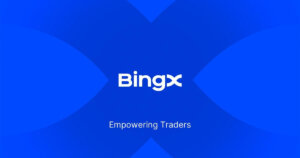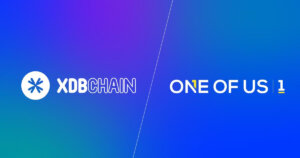 XRP gains approval from Dubai Financial Services Authority
XRP gains approval from Dubai Financial Services Authority XRP gains approval from Dubai Financial Services Authority
Ripple also announced that it was working with the National Bank of Georgia on a digital currency as it grows its international presence.

Cover art/illustration via CryptoSlate. Image includes combined content which may include AI-generated content.
Ripple announced on Nov. 2 that the XRP token has been approved under the Dubai Financial Services Authority (DFSA)’s virtual assets regime.
That approval means that virtual asset firms will be able to make use of XRP if they are licensed within the Dubai International Financial Centre (DIFC) area — a special economic zone and financial hub in the United Arab Emirates’ largest city.
Brad Garlinghouse, the CEO of Ripple, said:
“It’s refreshing to see the DFSA encourage the adoption and use of digital assets such as XRP … Ripple will continue to double down on its presence in Dubai and we look forward to continuing to work closely with regulators to realize crypto’s full potential.”
The DFSA previously approved Bitcoin (BTC), Ethereum (ETH), and Litecoin (LTC) in November 2022. Toncoin (TON) was approved alongside XRP today.
Ripple described its goals of expanding within Dubai earlier this year. Today, it noted that it chose the DIFC as its Middle East and North Africa (MENA) headquarters and said that about 20% of its customers are based in the MENA region.
Ripple is working with Georgia on digital lari
In related news, Ripple also announced the National Bank of Georgia had selected it as the official technology partner for its digital lari pilot project.
The announcement indicates that Ripple was chosen as a partner from a shortlist of nine candidates. The program will now move to a pilot phase and live testing.
The project involves a tokenized version of the Georgian lari (GEL) rather than the XRP token. However, the project will make use of Ripple’s CBDC Platform for central bank digital currencies, which is, in turn, powered by the XRP Ledger (XRPL).
The pilot stage will reportedly experiment with possible applications for the digital lari in the public sector, for business, and for general retail users.
Ripple said in its press release that it has previously announced pilot programs with governments in five other regions: Bhutan, Palau, Colombia, Montenegro, and Hong Kong. The firm said that it is currently engaging with more than 20 other countries as well.

































































































